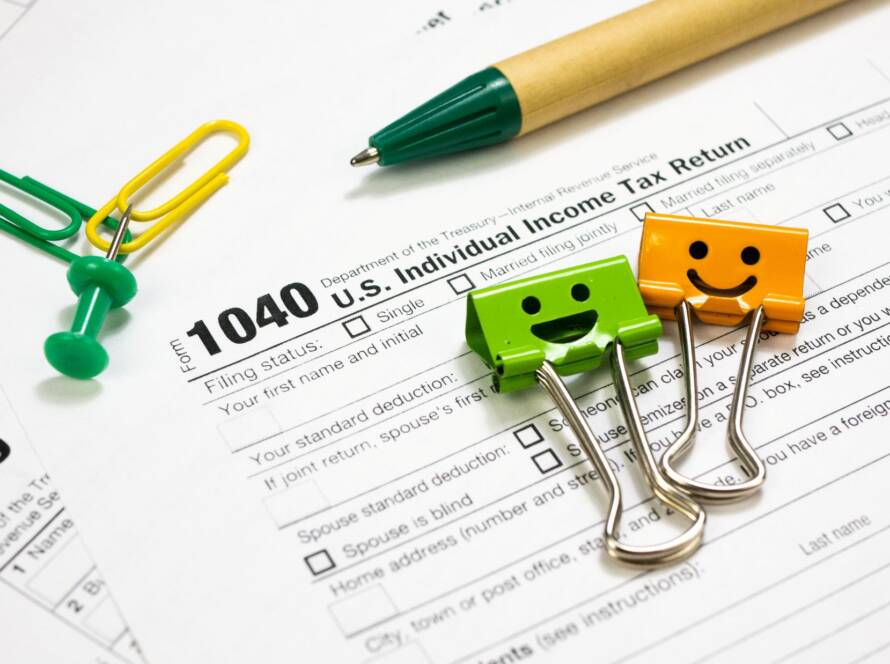Tax-Efficient Investing: 8 Ways to Minimize Taxes
Investing is not just about growing your wealth; it’s also about keeping as much of it as possible. Tax-efficient investing strategies can help you minimize the impact of taxes on your portfolio, allowing you to maximize returns. Here’s how you can manage your investments with an eye on tax efficiency:
1. Utilize Tax-Advantaged Accounts
Tax-advantaged accounts like 401(k)s, IRAs, and Health Savings Accounts (HSAs) provide significant tax benefits. Contributions to traditional 401(k)s and IRAs are often tax-deductible, and earnings grow tax-deferred. Roth IRAs, while funded with after-tax dollars, allow for tax-free growth and withdrawals in retirement.
2. Invest in Tax-Efficient Funds
Exchange-traded funds (ETFs) and index funds are generally more tax-efficient than actively managed mutual funds. They tend to have lower turnover, resulting in fewer taxable capital gains distributions.
3. Focus on Long-Term Investments
Holding investments for over a year qualifies them for long-term capital gains tax rates, which are typically lower than short-term rates. Avoid frequent trading to minimize the tax hit from short-term gains.
4. Tax-Loss Harvesting
Offset capital gains with capital losses by selling underperforming investments. This strategy can reduce your taxable income and allow you to reinvest in assets with better prospects.
5. Asset Location Strategy
Place tax-efficient investments like stocks and index funds in taxable accounts while keeping tax-inefficient investments like bonds or REITs in tax-advantaged accounts. This approach minimizes the tax burden across your portfolio.
6. Consider Municipal Bonds
Municipal bonds offer tax-free interest at the federal level and potentially at the state and local levels if you invest in bonds from your home state. These bonds are ideal for investors in higher tax brackets.
7. Reinvest Dividends Wisely
Instead of automatically reinvesting dividends, consider the tax implications. In taxable accounts, reinvested dividends may increase your tax liability. Directing dividends into a tax-advantaged account can help reduce this impact.
8. Work with a Tax Professional
Tax laws and regulations can be complex. Partnering with a tax advisor or financial planner ensures you’re implementing the most effective tax strategies for your unique financial situation.
Final Thoughts
Tax-efficient investing is a critical component of a successful financial plan. By employing these strategies, you can reduce your tax burden and keep more of your hard-earned money working for you. Whether you’re just starting or a seasoned investor, focusing on tax efficiency can make a significant difference in your long-term returns.
For more insights on smart investing and tax-saving strategies, stay tuned to our blog. Remember, every dollar saved on taxes is a dollar you can reinvest in your future!




